Archive
23 June 2021
Portrait Ronald Ligteringen
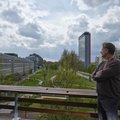
“I really enjoyed last year. I provide IT support for research and teaching activities, and I certainly had plenty of scope last year. At first, I thought it was great being able to work from home. I could have lunch with my two teenage daughters, for example. But my enthusiasm waned by mid-May, and I found myself feeling quite negative about the whole thing. I missed bumping into people and the inspiration I drew from such chance meetings. Your senses become deadened without input from outside. My solution was to go into the office once a week.
23 June 2021
Portrait Maria Sovago

“My colleagues and I had just started our brand new course in Systems Engineering in February 2020. After three lectures we heard - on a Friday - that we had to make the transition to online teaching on Monday. So we got together, we arranged everything during the weekend and we made the switch. I was so proud of my colleagues and our 250 students, who showed amazing flexibility! Everybody just got together and made it work. It’s a great memory for me.”
23 June 2021
Portrait Liedewij Laan
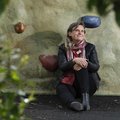
“Last year was a very interesting year. To my mind, TU Delft is a stable environment. COVID-19 meant that without warning, things that had been optimised had to be organised differently. There was suddenly room to be more creative with processes. I found this invigorating. My group showed itself to be very flexible and managed to adapt in no time. In addition to experimenting, we started focusing on modelling and machine learning, for example.
23 June 2021
Portrait Jelle Gilhuis
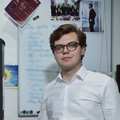
“Would I have joined the board of study association TG if I’d known what was going to happen? You bet I would! It wasn’t quite what I had in mind when I said ‘yes’ about a year ago, and obviously I’d rather have been partying with lots of students. But this has definitely been a good and unique experience. There’s something exciting about not following set plans and protocols. You have to be creative.
27 May 2021
Researchers make 3D image with light microscope
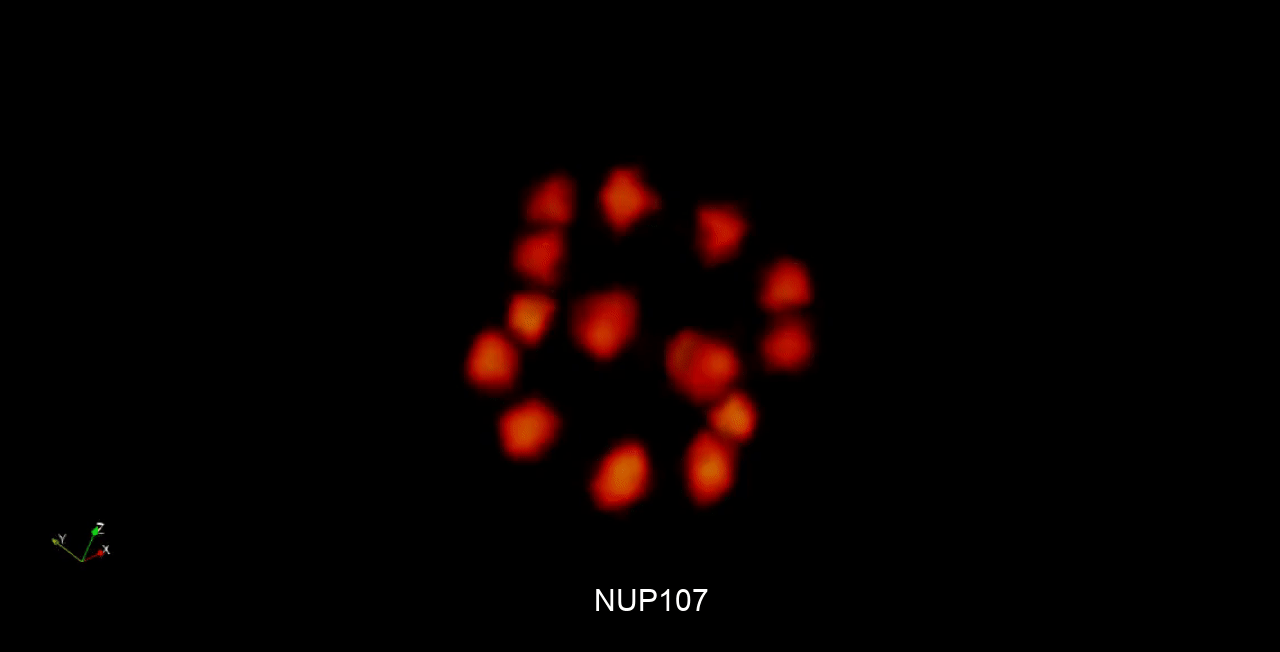
For the first time, Delft researchers have succeeded in making a three-dimensional image of a cellular component using light. The component in question is the nuclear pore complex: tunnels that facilitate traffic to and from the cell nucleus. Studying cell components in 3D can help to determine the cause of various diseases, among other things. The researchers have published their findings in Nature Communications.
27 May 2021
A new tool to understand the brain
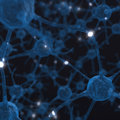
How does our brain work? An international team of researchers, including lead author Daan Brinks of TU Delft, has taken another step towards answering that question. They have created a new tool that allows them to image electrical signals in brains with an unprecedented combination of precision, resolution, sensitivity, and depth.
21 May 2021
Scientists overhear two atoms chatting
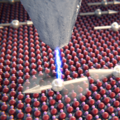
How materials behave depends on the interactions between countless atoms. You could see this as a giant group chat in which atoms are continuously exchanging quantum information. Researchers from Delft University of Technology in collaboration with RWTH Aachen University and the Research Center Jülich have now been able to intercept a chat between two atoms. They present their findings in Science on 28 May.
17 May 2021
New research shows: Antoni van Leeuwenhoek led rivals astray
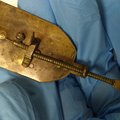
A microscope used by Antoni van Leeuwenhoek to conduct pioneering research contains a surprisingly ordinary lens, as new research by Rijksmuseum Boerhaave Leiden and TU Delft shows. It is a remarkable finding, because Van Leeuwenhoek (1632-1723) led other scientists to believe that his instruments were exceptional. Consequently, there has been speculation about his method for making lenses for more than three centuries. The results of this study were published in Science Advances on May 14.
10 May 2021
Physicast with Roel Smit
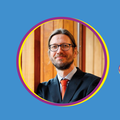
The first episode of the Physicast is online: the podcast for and by all those who have something to do with the world of Applied Physics. Listen to it during your relaxing walk or on the couch! In this episode, Annelot has a conversation with Roel Smit
06 May 2021
Researchers discover how a cell’s armour can be both flexible and strong
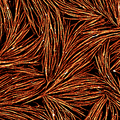
Medieval knights either had thick, cumbersome armour, or they could wear less protective armour and be flexible in combat – they couldn’t have both. Cells, on the other hand, do have it all. Researchers from Delft University of Technology (TU Delft), Leeds University, Institut Fresnel in Marseille, and Institut Curie in Paris discovered that proteins called ‘septins’ reinforce the fragile membrane of a cell, while still being flexible enough to allow the cell to change shape.